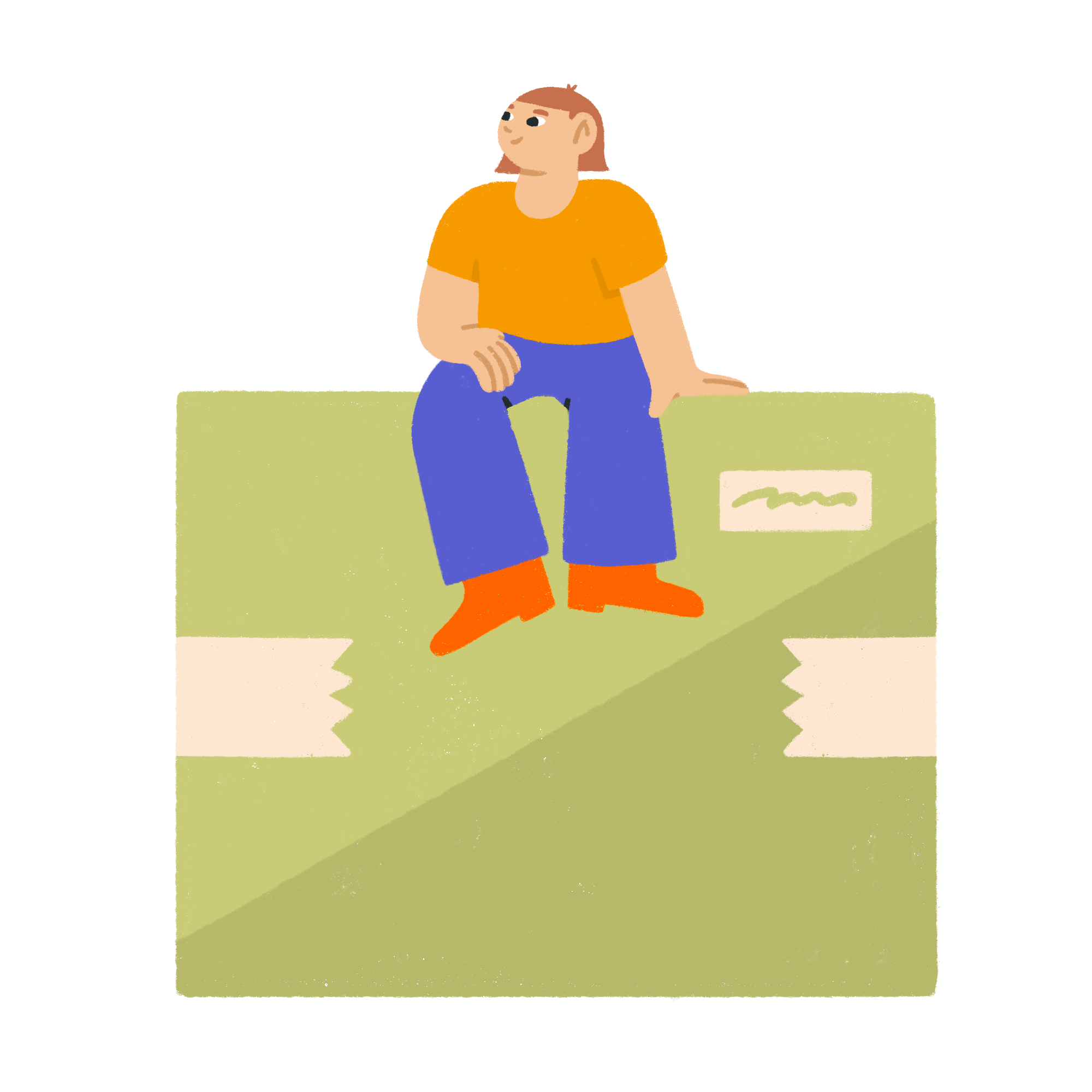What age can a child legally move out?
A young person can leave home at 16. However, parents remain legally responsible for keeping their child safe until they reach 18 - this includes making sure they have somewhere to live. Read about parental responsibility on Gov.UK.
If you’re a young person looking for advice or have questions like, ‘can you move out at 16?’ visit Childline’s advice pages.
If you're concerned about a child's safety contact our Helpline immediately.
Support is available for all children under 18 who aren’t safe at home or have to leave home but have no other living arrangements.
- If a 16- or 17-year-old needs to leave home without parental support Shelter have advice on getting access to emergency housing from your local council.
- Visit the Citizen’s Advice Bureau for advice on whether your local council could help accomodate your child.
- Shelter provides information and advice on their housing rights in England, Wales, and Scotland.
- Housing Advice NI has information about housing right in Northern Ireland.
Childline has more information on homelessness for young people.
What support is available for young people leaving home?

However you might be feeling about your child moving out, it's important to make sure they know they can contact you if they feel unsafe or unwell. And that they know where they can access support away from home.
Childline have lots of information for children on moving out.
- Anyone under the age of 19 can contact Childline on the phone or online to talk to a trained counsellor for free 24/7.
- Over the age of 19, Childline links to other organisations that provide support – such as The Mix.
Local Authority Services can help arrange for a child to live with another family member or friend or provide emergency accommodation such as a foster placement. In Northern Ireland, Children’s Service might be referred to as Social Services.
Read more about local authority services for children in need and how to get help on The Citizen’s Advice Bureau.
When children in care reach the age of 16, they can start taking steps to prepare to be independent.
Local authorities will help children in care develop a pathway plan and will explain the support available to them when they have left care.
Once they reach 18, a young person is no longer in care though some people keep living with their foster carers. The local authority will provide support until the age of 21, or for longer if someone's in education or training.
In England, Wales and Northern Ireland, children leaving care are also legally entitled to a personal adviser. More information on leaving care can be found on GOV.UK.
Moving out: tips to help you both prepare
- Create a budget so they understand what they can spend vs what they need to save for bills. You can check if they're eligible for benefits on Citizen's Advice.
- Teach them how to cook some of their favourite meals.
- Have an open conversation about how they’re feeling and any hopes or anxieties they have.
- Talk to them about their support network and who they will go to if they need help or are feeling lonely. Encourage them to maintain friendships and socialise.
- Check with them how they expect you to keep in touch. Do they want notice before you pop round, or are they happy for you to turn up?
- If your child’s moving out to live with their partner, it’s important to make sure they understand the dynamics of a healthy relationship.
- They may need help renting a property. In England, Northern Ireland and Wales, under 18s need a guarantor to rent. In Scotland, the rules are different – but young people may still need support.
Empty Nest Syndrome: How to cope when your child moves out

Empty nest syndrome’ refers to the sadness and even grief parents sometimes feel when their children leave home. It’s common and you’re not alone
When children move out, it can be hard to adjust. Remember, your child leaving home doesn’t mean they don’t need you.
Parents can feel a range of emotions – from pride and happiness to sadness and guilt. It's also possible that you don't react immediately and feel worse as time goes on.
3 stages of Empty Nest Syndrome

Stage 1 - Grief
You're likely to feel sadness, loss and even depression. Family Lives have a dedicated helpline to support parents.

Stage 2 - Relief
You may start to feel a sense of freedom as you fall into a new routine and rhythm of life.

Stage 3 - Joy
Relax in the knowledge that this stage will come.
Tips to help you cope with your child moving out:
- Accept your feelings. They’re honouring the joy and love you have for your child. It’s okay to feel a sense of loss or worry about your child leaving home.
- Take up a new hobby or get back into an old one
- Connect with friends and expand your social circle.
- Support and enjoy more time with your partner
- Join likeminded communities on social media
- Find fun ways to keep in touch with your child. Facetime or care packages might be just what your child needs.
- Be patient with yourself, it can take time to adjust to a different routine and environment.
- Make time for things you enjoy and celebrate the opportunity to refocus on you.





